Posts on Happily Homegrown contain affiliate links. When you make a purchase through an affiliate link, your price will be the same, but Happily Homegrown will receive a small commission. Thank you for your support!
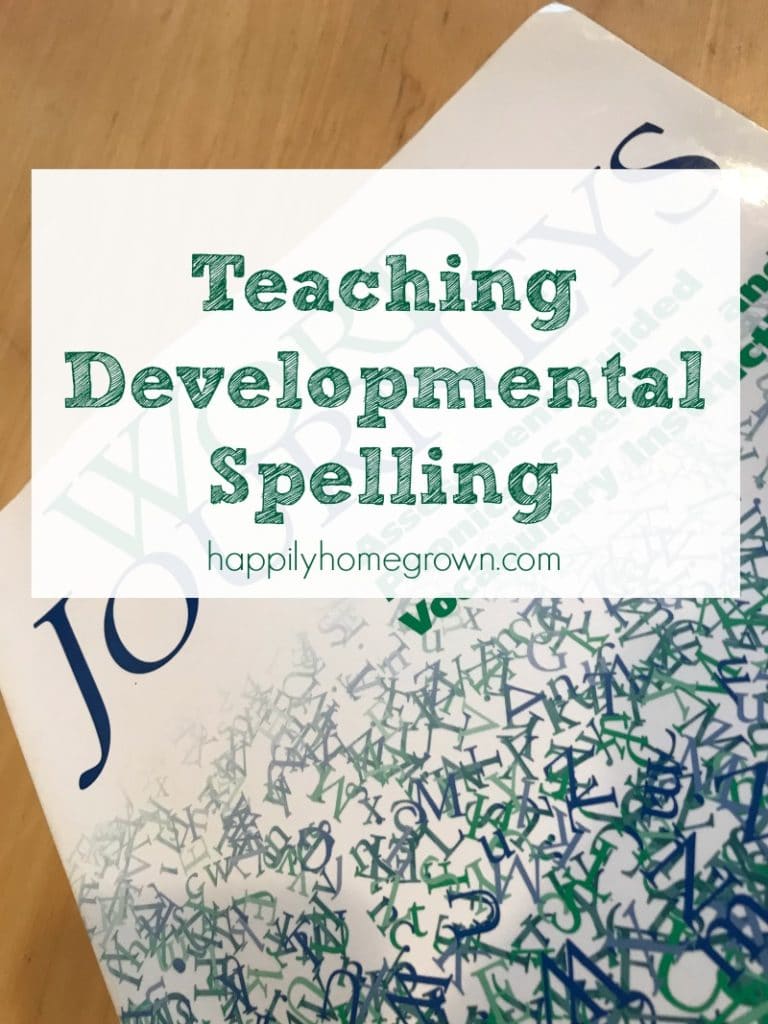
Have you wondered what the best homeschool spelling curriculum is? What if I told you there was a way of having just one spelling curriculum that would ultimately work for all of your children at their developmental stage?
Luckily, during my classroom teaching experience, I worked in two school districts that allowed the classroom teacher to differentiate spelling for each student in our class. Differentiating instruction is how we best meet the needs of our students and give them what they need to be successful. Since spelling ability is developmental, I always found it vital to use a spelling program that was created with differentiation in place.
Early in my teaching career, I worked for a school district that created its own word study program using a combination of materials from Word Journeys and Words Their Way. We had a team in our English department write our district’s spelling curriculum and take what they liked from both programs and mashed it together. I was only in this district a short time and never saw the full implementation of the spelling curriculum, but it was enough to get my interest.
Once I started teaching fulltime, in a different district, I was given a copy of Word Journeys by Kathy Ganske and was told this is how we teach spelling and vocabulary here. I was one of 15 fifth grade Language Arts teachers, and we all used Word Journeys for teaching spelling. But even more important than the 15 of us being on the same page was that ALL of the Language Arts teachers in our district used the same resource. A truly developmental spelling program that was being implemented throughout elementary and middle school.
Implementing Word Journeys
Whether I was in my public school classroom or now in my homeschool, I have been able to implement Word Journeys the same way. Especially when starting out, it’s important to know where your students are on the developmental stages. Because each stage of development can cover many years, two students who are the same age are not necessarily at the same stage. Through a series of spelling inventories, you can assess the student’s developmental stage, as well as where the child is within the stage. I typically give the spelling inventories over the course of two days so I don’t burn out my students. This gives me enough time to give the assessment, review the results, and determine the next steps.
After all of the children have been assessed, they are grouped by which stage they are currently in. Then, during the weekly spelling lessons, each group is given their own list of spelling words at their developmental stage to work with.
While each group may have their own words, that doesn’t mean they need to do different assignments during the week. In fact, when I was teaching, I had 27 students in three spelling groups. I would bring each group to the table to review their words for the week. Then, our daily assignments and/or homework was the same for the entire class. Since Word Journeys doesn’t have a student workbook for each level, students kept a spelling folder and notebook. They completed weekly word sorts (sorting list words by pattern), word hunts (finding other words that matched the patterns), they used the words in sentences and short stories, and then we gave them a “student’s choice” activity once a week from a list of 20 things that one of the teachers had compiled. At the end of the five days, there was a spelling test, and then we would move on to the next spelling list on Monday.
Often, our spelling inventories were completed in September, January, and June. The assessments we did in June were only used for the comment section on report cards to show growth and progression during the year. If at any time, the student’s assessment showed that they had changed developmental spelling levels, we would move the student up to the new group. Once students reached the Derivational Constancy stage, the stage that continues through adulthood, our district no longer had us perform the mid and end of year assessments.
Using Word Journeys in Your Homeschool
When my children were in cyber school, they had a spelling program that was part of the reading/language arts curriculum and I couldn’t stand it. Words were taught in isolation, and it was a lot of skill, drill, and test. After using Word Journeys in my public school classroom for a number of years, I wanted to see how it would work while homeschooling.
I picked up a copy and reread it cover to cover reviewing all of the information on student assessments and developmental placements. It was a lot to take in, but I knew that if I wanted to implement this with my children than I needed to be confident in what I was doing. When we made the transition from cyber school to homeschool last November, we began the spelling inventories and analysis of their assessments. Once I knew what groups my children would be in (the two oldest were in the same stage) we began a routine of ten words each week.
Our weekly routine was in place to not only teach spelling, but I also utilized these activities as handwriting practice.
- Monday – Word Sort
- Tuesday – 3xs Each
- Wednesday – Student Choice – They usually chose sentences or alphabetical order
- Thursday – Word Hunt and Partner Study
- Friday – Spelling Test – This wasn’t done weekly, but rather once a month or less just to give them practice taking a test
Will we continue with Word Journeys?
The short answer … YES!
I love the developmental spelling program and that I can vary the types of activities my children do with the words each week. I like that the developmental stages build on one another.
Since Word Journeys covers all four stages of developmental spelling it also means that I can purchase one book and use it for all three children from grade 1/2 through 7/8. We won’t need to purchase separate word study curriculum each year. And while implementing some parts of the spelling program are time-consuming, I’d rather spend my time on implementing a program properly than spend money on a program that doesn’t meet the needs of my children.


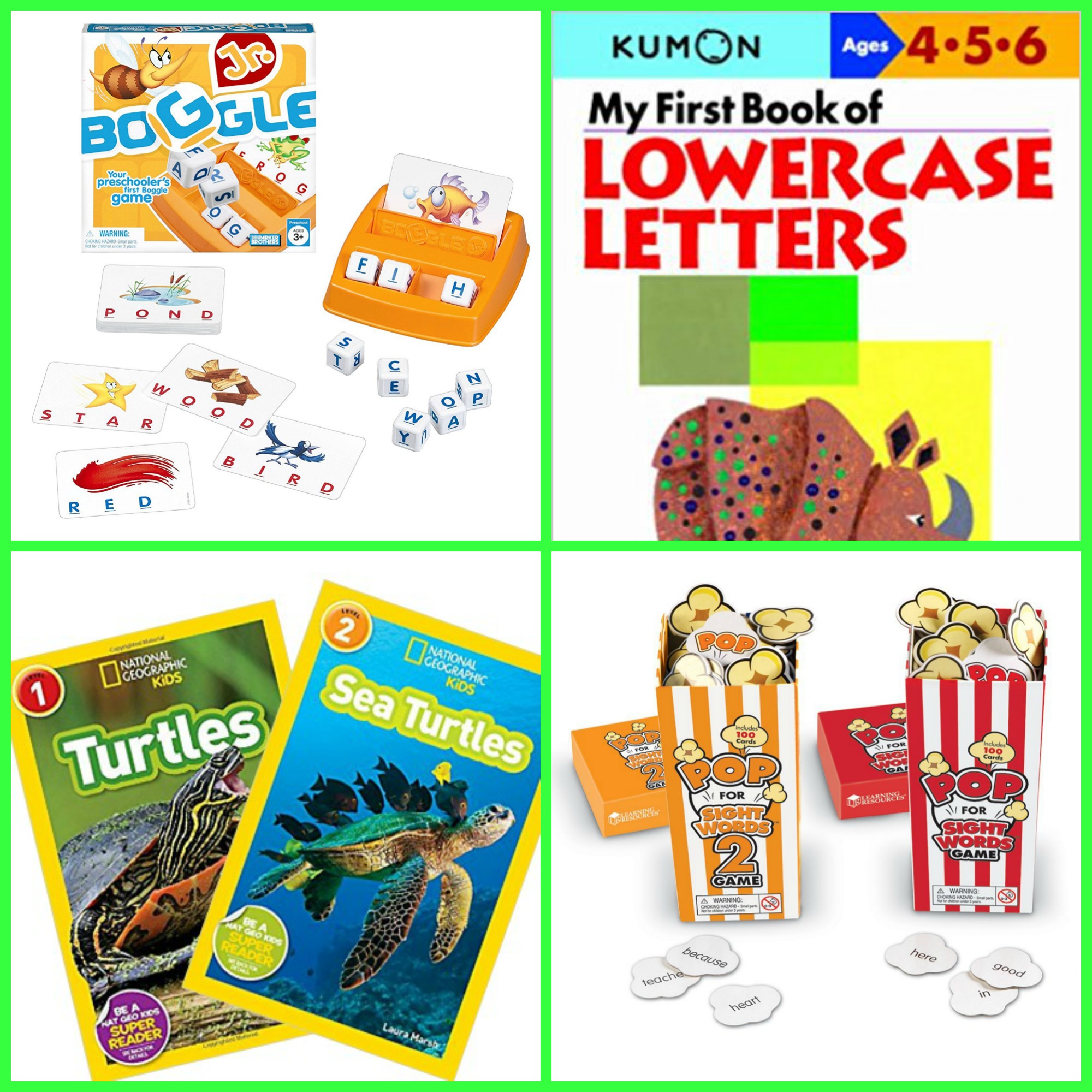
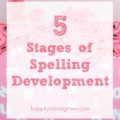
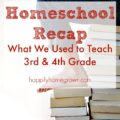

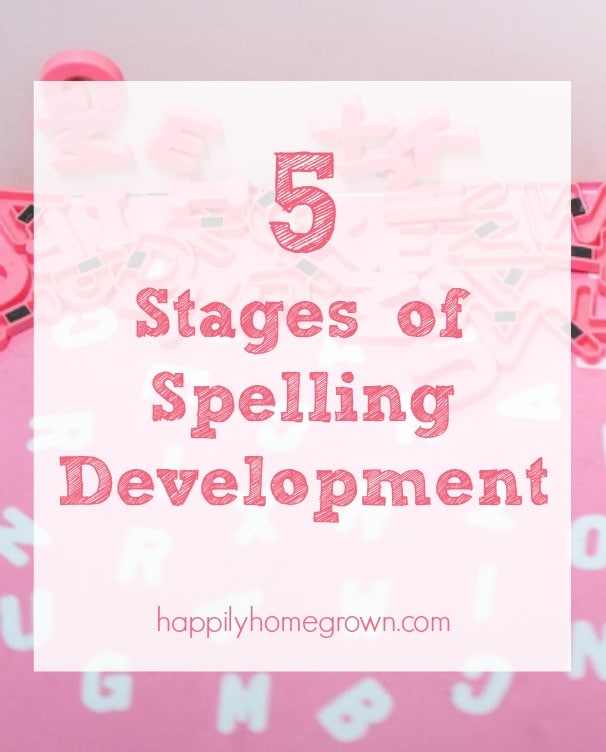 5 Stages of Spelling Development
5 Stages of Spelling Development
[…] Word Journeys Spelling– Happily Homegrown […]